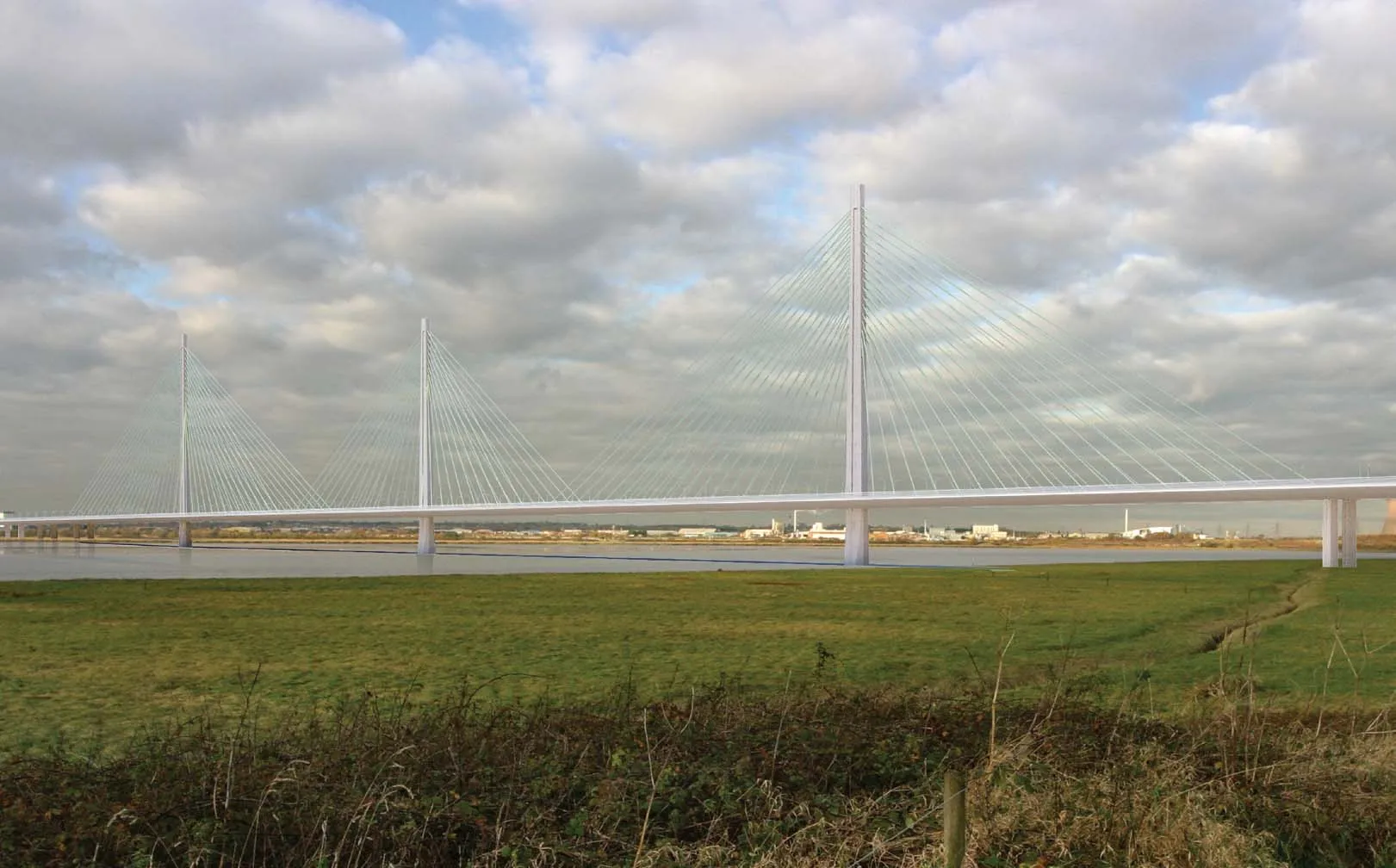The government of Robert Fico has said it will decide the fate of the controversial €1 billion Bratislava bypass, the D4 motorway project, possibly ahead of a national parliamentary election next month.
Fico, who also was prime minister from 2006-2010, was re-appointed after leading his Direction Social Democracy party (SMER-SD) to a landslide victory in the 2012 parliamentary election. His party won 83 seats and formed an absolute majority government, Slovakia’s first since 1989.
Controversy continue
February 9, 2016
Read time: 3 mins
The government of Robert Fico has said it will decide the fate of the controversial €1 billion Bratislava bypass, the D4 motorway project, possibly ahead of a national parliamentary election next month.
Fico, who also was prime minister from 2006-2010, was re-appointed after leading his Direction Social Democracy party (SMER-SD) to a landslide victory in the 2012 parliamentary election. His party won 83 seats and formed an absolute majority government, Slovakia’s first since 1989.
Controversy continues to swirl around Bratislava’s proposed D4 motorway bypass and what tunnel options under the Little Carpathian Mountains is the best value.
Only 3km of the 33km D4 in southwestern Slovakia have been built, a short stretch from the Austrian border at Jarovce to the junction with the D2 motorway. It opened in 1998. Since then the government has been studying the best routes to extend the D4 to the D1 motorway between Bratislava and Senec in order to create a southern bypass of Bratislava.
Slovakia’s Transport, Construction and Regional Development Ministry is leaning towards the shorter option that likely would exclude tunnels and cost around reach €1.3 billion. This option would be made up of sections of the proposed D4 and another major route, the R7.
However the Little Carpathians – highest point around 770m -- are a protected environment area stretching around 100km westward from the end of the higher Carpathian Mountains. Infrastructure projects in the area are a delicate issue because of the area’s natural beauty and tourism offering, as well its wine-making industry.
Opposition parties have been critical of the cost of the bypass that the government says will be built under a 30-year public-private partnership. “We consider the PPP model to be disadvantageous,” Pavol Zajac from the Christian-Democratic Movement (KDH), reportedly said in January last year. He called it a mega deal for a private concessionaire.
Zajac has said he wants the government to consider loans using the Juncker Plan, the European Commission’s Investment Plan for Europe, also called “EU Infrastructure Investment Plan”. The plan was announced by European Commission President Jean-Claude Juncker in November 2014. It aims to public and private investments of at least €315 billion between 2015 and 2017.
Radoslav Procházka, head of the non-parliamentary Sie party, has called the project a tunnel 30 years long.
The Ministry of Construction and Regional Development said that Obvchat Nula, a tie-up headed by Spain’s930 Cintra Infraestructuras International, had submitted the best offer for overall development of the highway. As such, the 59km long ring road is to be developed, funded and maintained by the tie-up, which also includes the Austrian group 3976 Porr and 2378 Macquarie Capital from Australia.
According to a report in December by The Slovak Spectator current affairs magazine, ministry received four bids in total to design, build and operate the 59km route.
The next lowest bid to that of Obvchat Nula was from the ViaDunaj consortium consisting of5177 Vinci and 7167 Meridiam, followed by the Bratislava consortium of 981 Hochtief, Iridium and Dif. The final bid was from the Astrela consortium consisting of 945 Strabag, Reding and 1378 John Laing.
Fico, who also was prime minister from 2006-2010, was re-appointed after leading his Direction Social Democracy party (SMER-SD) to a landslide victory in the 2012 parliamentary election. His party won 83 seats and formed an absolute majority government, Slovakia’s first since 1989.
Controversy continues to swirl around Bratislava’s proposed D4 motorway bypass and what tunnel options under the Little Carpathian Mountains is the best value.
Only 3km of the 33km D4 in southwestern Slovakia have been built, a short stretch from the Austrian border at Jarovce to the junction with the D2 motorway. It opened in 1998. Since then the government has been studying the best routes to extend the D4 to the D1 motorway between Bratislava and Senec in order to create a southern bypass of Bratislava.
Slovakia’s Transport, Construction and Regional Development Ministry is leaning towards the shorter option that likely would exclude tunnels and cost around reach €1.3 billion. This option would be made up of sections of the proposed D4 and another major route, the R7.
However the Little Carpathians – highest point around 770m -- are a protected environment area stretching around 100km westward from the end of the higher Carpathian Mountains. Infrastructure projects in the area are a delicate issue because of the area’s natural beauty and tourism offering, as well its wine-making industry.
Opposition parties have been critical of the cost of the bypass that the government says will be built under a 30-year public-private partnership. “We consider the PPP model to be disadvantageous,” Pavol Zajac from the Christian-Democratic Movement (KDH), reportedly said in January last year. He called it a mega deal for a private concessionaire.
Zajac has said he wants the government to consider loans using the Juncker Plan, the European Commission’s Investment Plan for Europe, also called “EU Infrastructure Investment Plan”. The plan was announced by European Commission President Jean-Claude Juncker in November 2014. It aims to public and private investments of at least €315 billion between 2015 and 2017.
Radoslav Procházka, head of the non-parliamentary Sie party, has called the project a tunnel 30 years long.
The Ministry of Construction and Regional Development said that Obvchat Nula, a tie-up headed by Spain’s
According to a report in December by The Slovak Spectator current affairs magazine, ministry received four bids in total to design, build and operate the 59km route.
The next lowest bid to that of Obvchat Nula was from the ViaDunaj consortium consisting of








